Remember the American SAFE Act? It’s the bill that would have done … something … about tightening up the flow of refugees from Syria to the US. Exactly what it would do was never entirely clear, but it had its 15 minutes of fame when the House passed it last month. At the time, I was unsure it was anything more than a feint to make it look like Republicans were doing something, and suggested that the Senate would ignore it until refugee hysteria had died down and they could quietly kill it.
Yesterday I got curious: how’s it doing? I tried a Google search, but that brought up nothing. Finally I just went to congress.gov to see where it was in the legislative sausage machine. On the day it passed the House, this happened:
Received in the Senate. Read the first time. Deemed read the second time, pursuant to the order of November 19, 2015. Placed on Senate Legislative Calendar under General Orders. Calendar No. 300.
And that’s it. It apparently hasn’t been assigned to a committee. It hasn’t been scheduled for a vote. Not a single thing has happened. If there’s a hold on the bill, I can’t find it. It appears that it’s just being ignored in hopes that by January nobody will care anymore. That may or may not turn out to be a good bet. We’ll see.

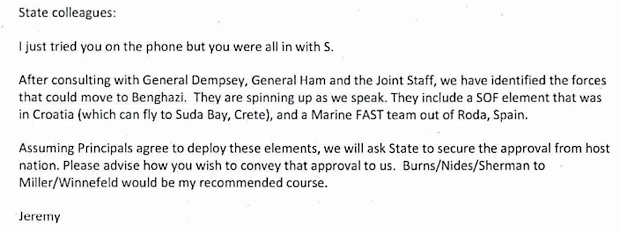
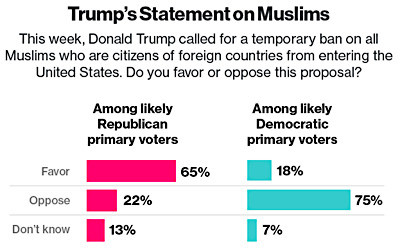
 Why is Donald Trump not paying a price for his increasingly unhinged rhetoric? Two recent polls tell the story.
Why is Donald Trump not paying a price for his increasingly unhinged rhetoric? Two recent polls tell the story.
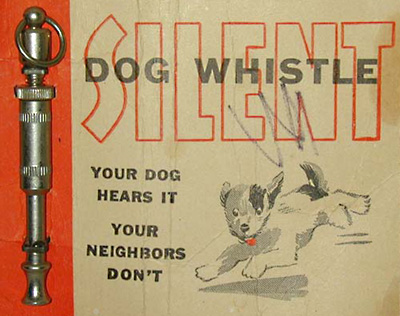 dog-whistle politics is subtlety and coded language. Trump’s racism, however, is explicit and overt. “So what? They’re Muslim” is less of a dog whistle and more of a bullhorn.
dog-whistle politics is subtlety and coded language. Trump’s racism, however, is explicit and overt. “So what? They’re Muslim” is less of a dog whistle and more of a bullhorn.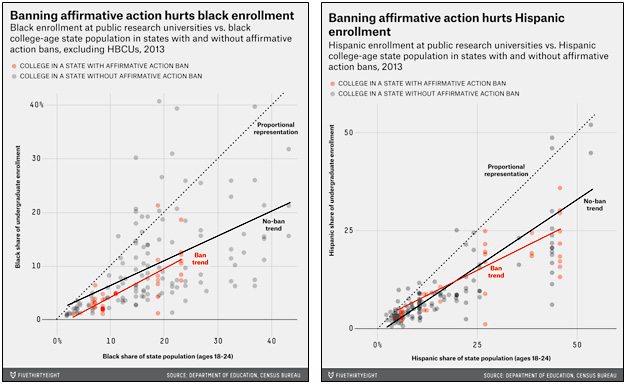
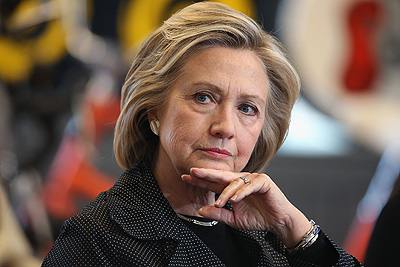 While Senator Bernie Sanders put together an impressive campaign, he’s about as weak a major opponent as Clinton could have imagined drawing.
While Senator Bernie Sanders put together an impressive campaign, he’s about as weak a major opponent as Clinton could have imagined drawing.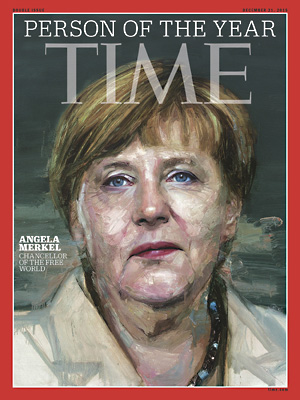 With Silvio Berlusconi out of the picture, Angela Merkel is arguably the worst leader among the major democracies.
With Silvio Berlusconi out of the picture, Angela Merkel is arguably the worst leader among the major democracies. 


